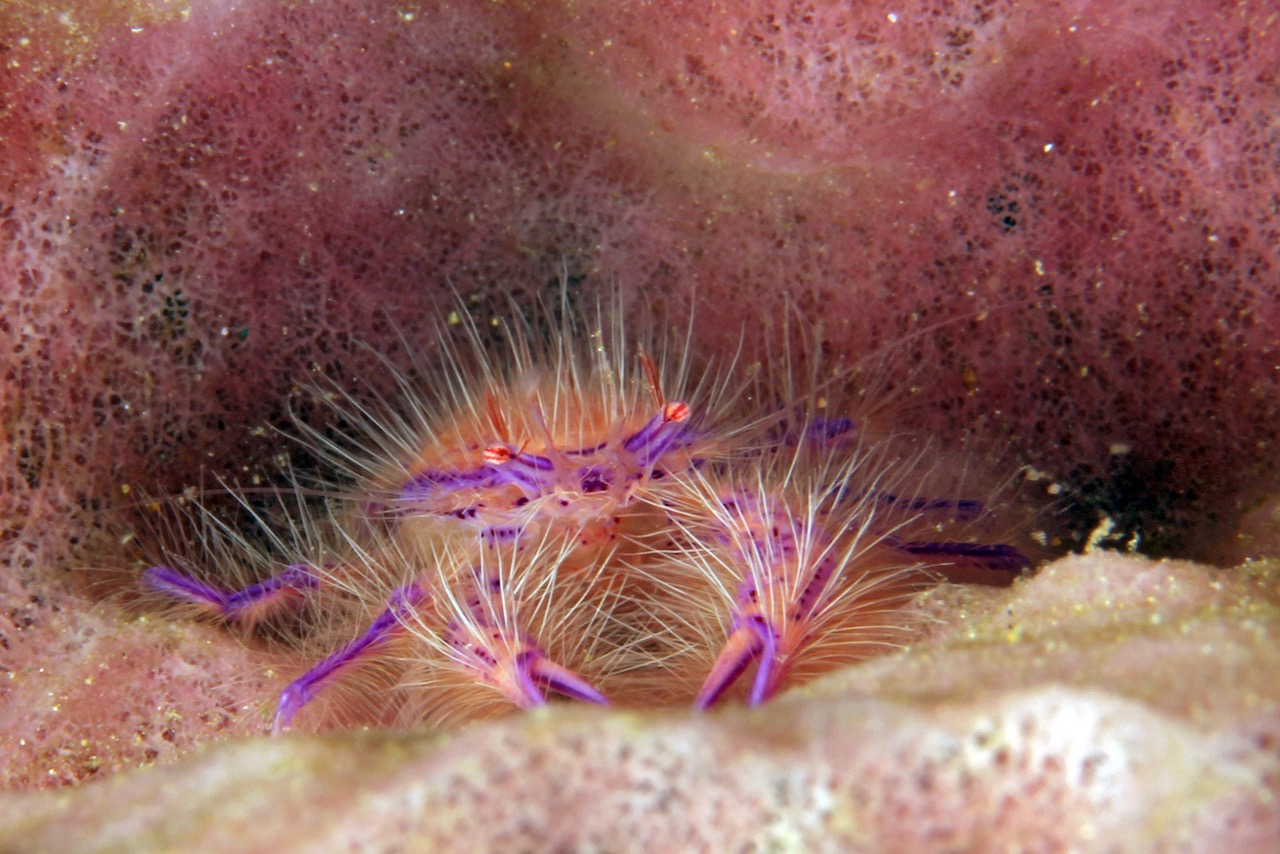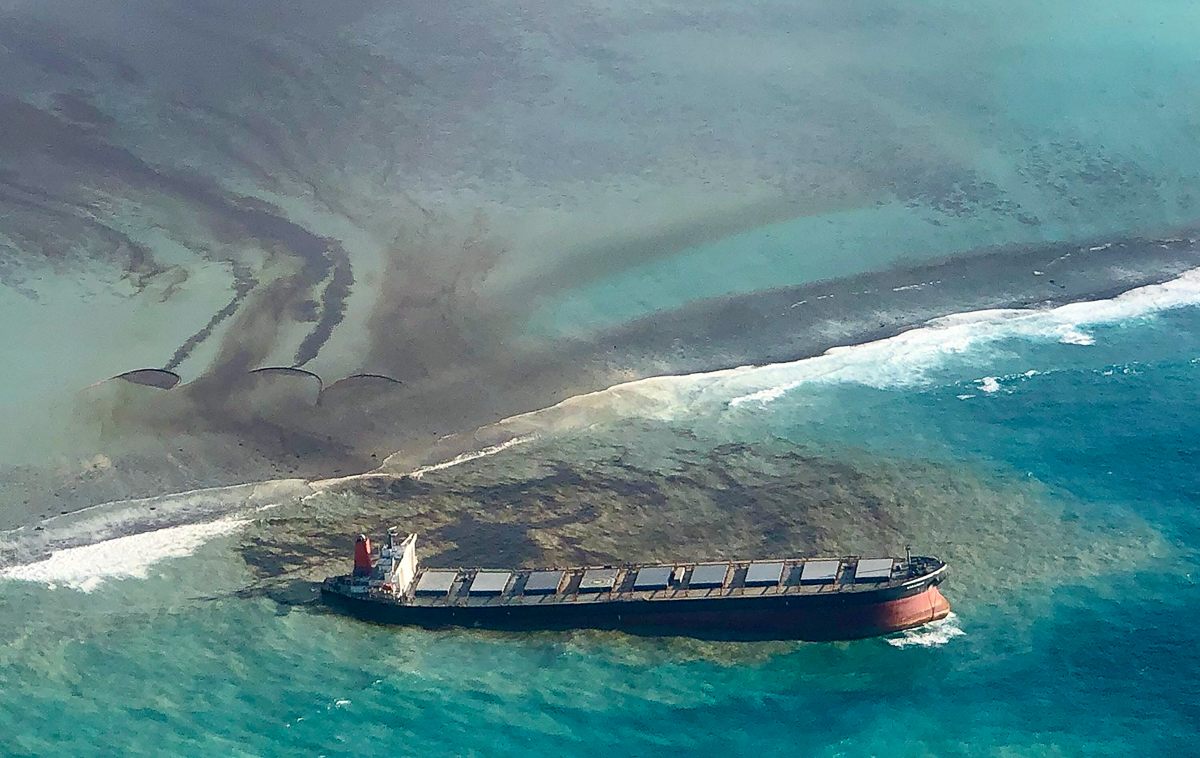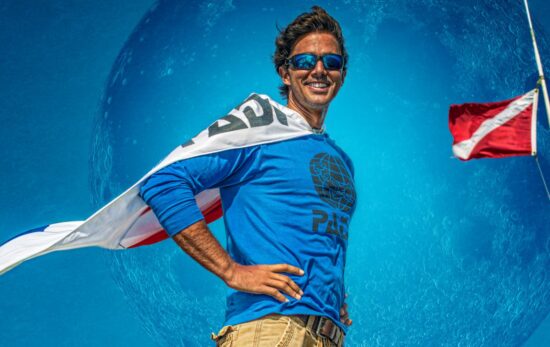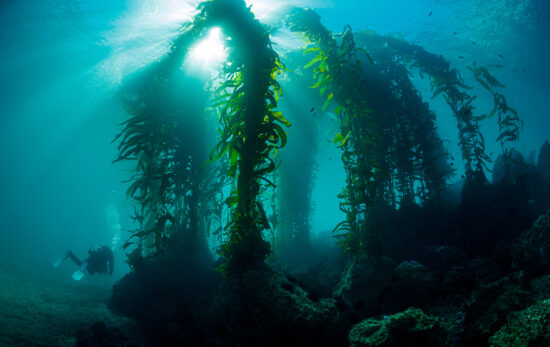Humanity has uncovered so much about the world that sometimes it seems like everything significant must have already been discovered. This is why, regarding questions like whether Bigfoot exists, skeptics argue that large animals are too conspicuous to slip under our radar. If Bigfoot were real, they say, by now there’d be no doubt, especially with so many people looking for it.
Yet, the saola – a medium-sized mammal related to cattle – slipped under that radar until discovered in 1992. Estimates are that there are still more unknown species than known. In 2023, the Natural History Museum in England alone documented more than 800 new ones.

And that’s on land. Given the difficulties of exploring the oceans compared to land, or viewing the ocean compared to space, it is often said that we still know less about it than the surface of the moon. With no objective way to measure, that’s arguable, but the pace of oceanic discoveries suggests we still have more to learn about it than we know. A few recent ones:
- A new isopod species was found near the Bahamas.
- Four unknown seamounts were discovered in Chilean water with as many at 100 new species living on them.
- What may be Amelia Earhart’s plane was located between Australia and Hawaii.
- Using an ROV (Remotely Operated Vehicle) oceanographers stumbled onto eggs 6200 meters (about 3.9 miles) deep, proving to be the new, deepest-dwelling flatworm species.
- Much shallower at 18 meters/60 feet, a new mussel species – the size of a grain of rice – was uncovered in an ancient forest buried in the Gulf of Mexico off Alabama.
What’s amazing is that all of these were found and/or reported in the first two months of 2024, and there’s a lot more. That’s how much we still have left to learn about the ocean – so much that scientists still find new species, uncover new mysteries and make discoveries almost daily. But, scientists also tell us the oceans are in peril due to climate change, pollution and debris, oil spills and other threats.

My point is, because there is still so much we don’t know about the ocean, we don’t know everything that we could lose – other than a lot. The effects on our existence are likely far broader than anyone realizes. We cannot even guess reasonably.
But science also says, and as I’ve observed before, the oceans are as resilient as they are fascinating and exciting, so it’s not too late to save them for a preferred future. As divers and Ocean Torchbearers, you and I are a part of this – a rising global force for positive change. Of all the things we can learn about the sea, perhaps the most important is that each of us has the power to make a difference, and that we need to use that power daily.
Seek adventure. Save the ocean.
Dr. Drew Richardson
PADI President & CEO


